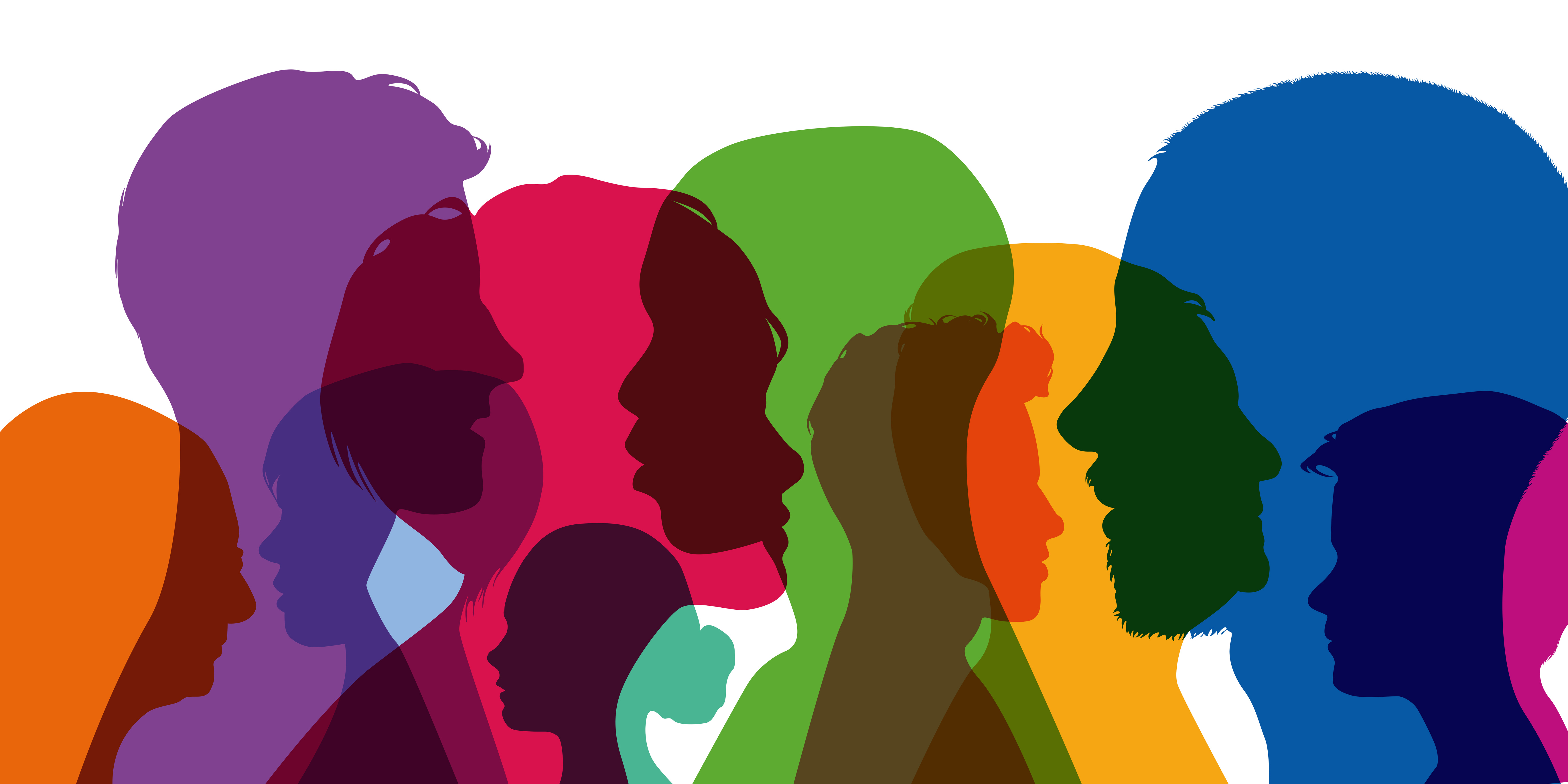Becoming a (Truly) Inclusive Company: Moving towards the elimination of prejudices
Initiatives promoting diversity and inclusion are flourishing everywhere. What is especially encouraging is the visibility and global scope of this phenomenon. Yet some organisations have not yet taken the plunge. How to become a truly inclusive company?

Agility, collective intelligence, creativity, performance (+30% revenue, according to a Deloitte 2020 study!), or simply a better brand image: the advantages of inclusiveness are obvious, and many global players are taking concrete steps to secure it. However, there are still many organizations which have not yet launched an inclusiveness project.
And in larger companies, have the employees themselves become truly inclusive? What are the next steps a company can take to achieve real inclusiveness?
Real Progress
The pandemic has presented us with a challenge: how can we accelerate the transformation into a more inclusive group at a time when many companies are becoming more fragile? Additionally, Covid has highlighted certain exclusions such as social inequalities, gender inequalities, unequal access to healthcare or simply the lack of connection and the poor mastery of digital tools. Yet despite these difficulties (and despite the fear of a worst-case scenario caused by the COVID-19 crisis), society seems to have increased its awareness, thanks in part to grassroots movements such as#TimesUp and #BlackLivesMatter.
While it seems many people have only just discovered this awareness, the shift towards an inclusive company culture is not a new one. Consider the 1987 law ushering those with disabilities into the workforce, the 2008 laws regarding the fight against discrimination, the 2018 law granting the freedom to choose one's own professional future (which includes measures for the inclusion of workers with disabilities, young people, seniors and that ensures gender equality), the 2019 Pact law requiring companies to have a positive impact on the environment and society, the creation of the "inclusion contract" (law of 14/12/2020) and, more recently still, the proposed law on the feminization of management committees... Obviously, public authorities are not lacking in initiatives to promote inclusion policies.
Are the powers-that-be finally coming together in favor of inclusive companies? Clearly, the support ecosystem is expanding, with operators such as Agefiph or Cap Emploi established in the regions to support companies, the funding scheme aimed at inclusive social enterprises (part of the "France Relance" plan), the launch of the "general accessibility reference framework for administrations" (RGAA), the exponential development of companies calling themselves "mission-based", the launch in February 2020 of the first label with the RSEi certification ("Societal Responsibility of Inclusive Companies", which is an adaptation of an ISO standard) ...
Many large companies are adopting a holistic approach to the question, which include processes, dedicated teams and public mission statements. At Sodexo, for example, the HR and CSR departments are working together on disability inclusion, gender equality and occupational health policies. At Dell Technologies, management is trained on how to represent "groups and communities that are or have been under-represented socially and economically". Essilor signed a corporate agreement on diversity and inclusion for 2020-2023. Whenever possible, the Yves Rocher group (a company that developed a mission statement at the end of 2019) systematically encourages inclusion agreements when working with external companies. The cosmetics group also has an annual "We R Change" event that focuses on the initiatives taken up by its 18,000 employees.
9,420 agreements relating to professional equality and 4,512 agreements relating to diversity and non-discrimination are now listed on the Légifrance website. Dismantling the silo work culture and de-compartmentalizing are just two among many examples of inclusion practices, and each initiative being explored is now serving as an example for others.
The Need to Educate and Train Managers
The process of inclusion, it would seem, is well underway. However, there is still work to be done and, despite the encouraging news, there remain some valid concerns. 65% of French people believe that society remains unequal (6th barometer November 2020, concerning the inclusive society of the Fédération Générale des PEP, compared to 78% in 2018) and 46% of French people consider that society is not inclusive enough (OpinionWay, May 2021). According to the same OpinionWay survey, more than half of the women surveyed see an increase in gender discrimination. Another revealing figure: equal opportunity in the workplace remains a priority or important issue for 90% of French employees (Medef National Barometer, October 2020).
The range of topics linked to inclusion (disability, the generation gap, social origin, culture, gender, sexual orientation, physical appearance...) frequently allow companies to focus on a specific project, and successfully foster commitment to that single topic. Then, once the corporate foot is in the diversity door, organizations can widen their approach to encompass new projects.
Policies and measures promoting inclusiveness are still too often the preserve of large groups. There remains a real challenge in supporting SMEs and SMIs which want to become inclusive. After all, every company, regardless of size, is concerned by the issues of equal pay, attracting and retaining employees, discrimination...
Above all, in addition to developing actions which favor specific populations, the work on changing global mentalities remains a challenge. Adapting a workstation is quickly done, but it is more difficult to put an end to preconceived ideas. Paradoxically, it’s not those who are being excluded who require the most education, but all the other members of the workforce, and managers most of all.
Changing mindsets in a sustainable way
Companies are ready and willing to move forward. We must now work to bring about a real cultural evolution of our prejudices in a context where the definition of an inclusive company is not always clear (55% of French people cannot define the notion of inclusion, OpinionWay, May 2021). Reminder: inclusion is the set of actions aimed at preventing situations of discrimination. All of these actions create "inclusion", which therefore concerns all of us.
Companies have to develop a long-term commitment to inclusiveness. This is an ongoing process, because beyond procedures and promises, our unconscious biases are deeply rooted. Awareness, communication, information and recurring training sessions are thus necessary for a real change in our mentalities. More than ever, inclusion is everyone's business, and raising awareness of stereotypes and discrimination must not only be a part of our corporate policies, but also transform our individual outlook, words and attitudes. Company charters are fundamental to implementing this, along with the need to address the deepest aspects of our perceptions of others, where each employee is called upon to make the theme of inclusiveness their own.
